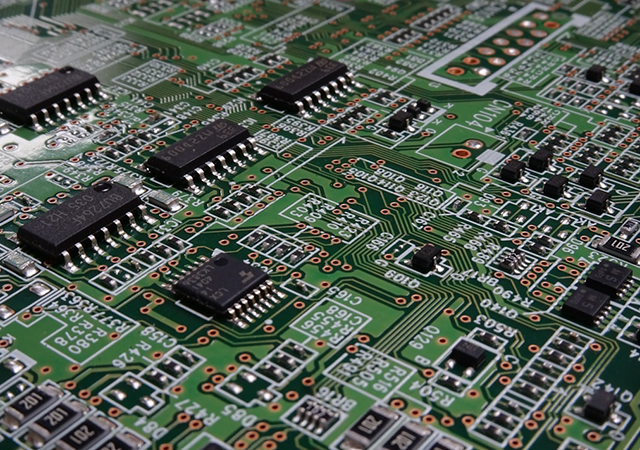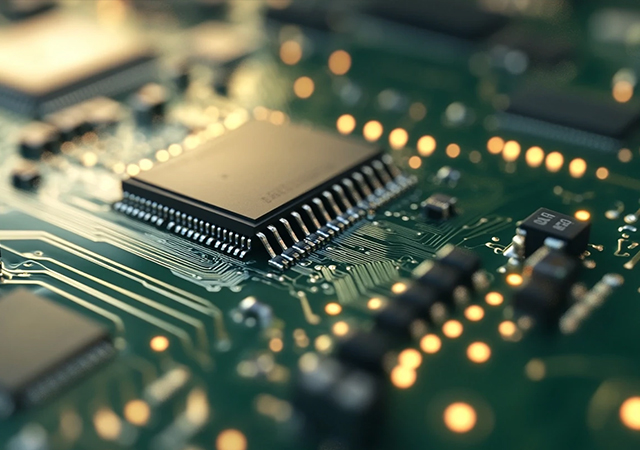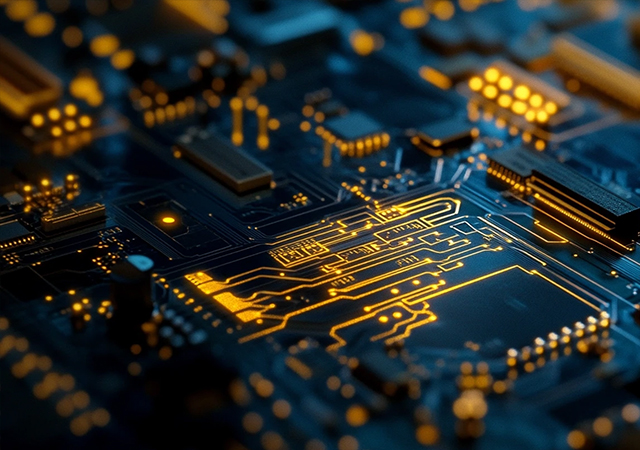-
- PCB TYPE
- PRINTED CIRCUIT BOARD PROTOTYPE ALUMINUM PRINTED CIRCUIT BOARD R&F PCB FPC HIGH FREQUENCY PCB HIGH-TG PCB HEAVY COPPER PCB HDI PCB PCB FOR LIGHTING METAL CORE PCB

Streamline production with one-stop electronics manufacturing services. From design to delivery, simplify processes, enhance quality, and reduce costs.

Explore the intricate PCB assembly process from design to testing. Enhance your electronics projects with key PCB manufacturing insights.

Discover how blind and buried vias PCB assembly enhances electronic devices by improving space efficiency, signal integrity, and thermal management.

Discover the benefits of RF blind buried vias in PCB assembly, enhancing signal integrity and design flexibility while optimizing space in RF applications.

Discover the benefits of HDI blind vias PCB assembly for cutting-edge electronics. Enhance performance and design flexibility in compact devices.

Got project ready to assembly? Contact us: info@apollopcb.com



We're not around but we still want to hear from you! Leave us a note:

Leave Message to APOLLOPCB
